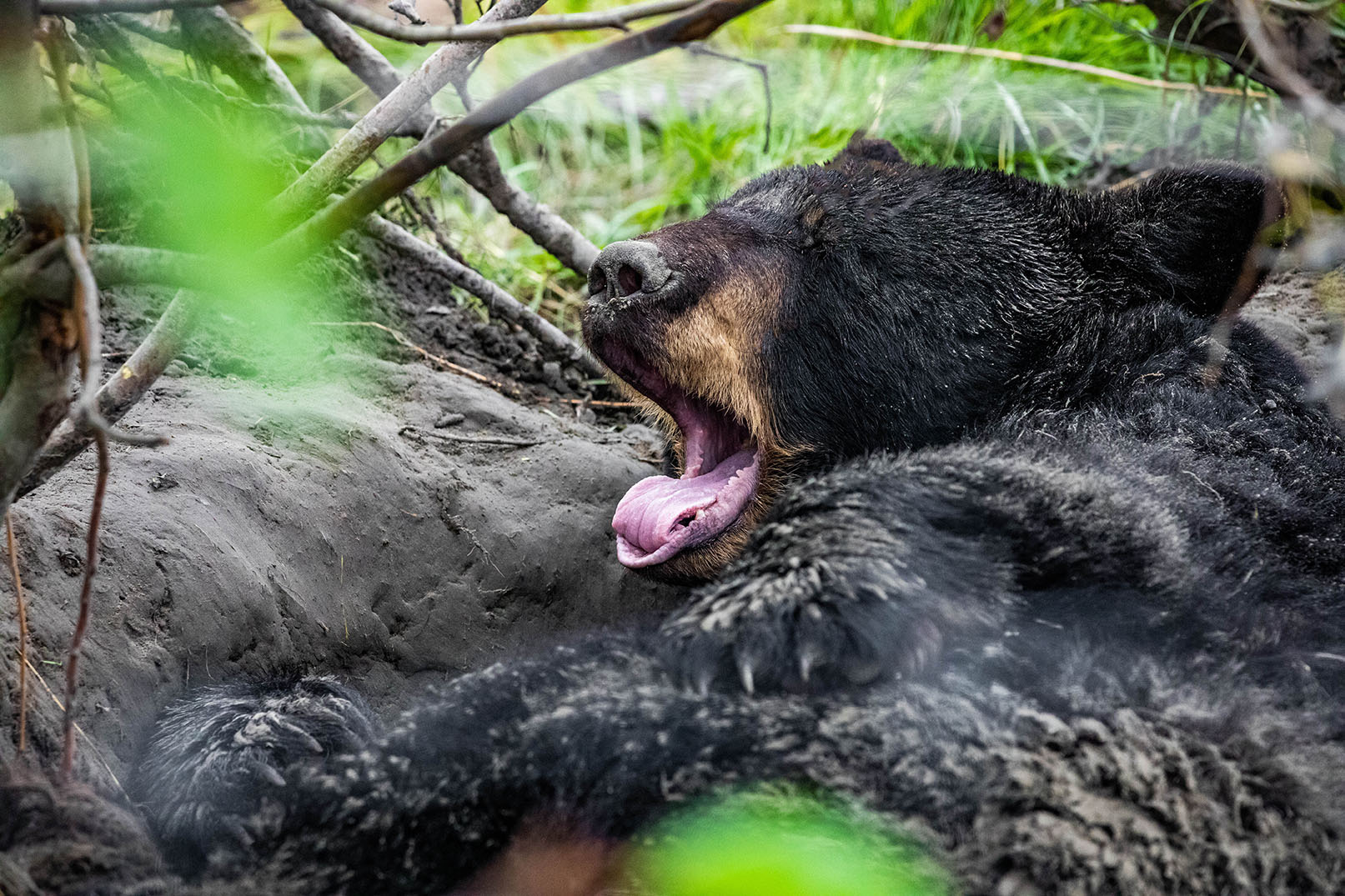
hibernate
Definition
Hibernation is a state of inactivity that some animals enter during the winter to survive cold weather and a lack of food. During hibernation, animals' heart rates, breathing rates, and body temperatures slow down to a very low level. This helps them to conserve energy and survive the winter.
Some animals that hibernate include bears, groundhogs, bats, and squirrels. Hibernating animals typically find a safe place to sleep, such as a cave or burrow, and they build up a layer of fat to help them survive the winter.
When the weather gets cold, hibernating animals enter a state of torpor. During torpor, their heart rates and breathing rates slow down, and their body temperatures drop. This helps them to conserve energy and survive the cold weather.
In the spring, when the weather gets warmer, hibernating animals wake up and start to eat again. They then mate and have babies.
Hibernation is a remarkable adaptation that allows some animals to survive in cold climates. It is a complex process that requires a number of physiological changes. Hibernating animals have to slow down their metabolism, reduce their heart rate and breathing rate, and lower their body temperature. They also have to build up a layer of fat to help them survive the winter.
How can the word be used?
Squirrels hibernate in their nests. They collect food in the fall and store it in their nests for the winter.

Different forms of the word
Noun: hibernation.
Adjective: hibernal.
Verb: hibernate.
Adverb: hibernating.
Etymology
The word "hibernate" comes from the Latin word "hiberāre", which means "to winter". It was first used in English in the 14th century to describe the behavior of animals that hibernate.
Question
What does hibernate mean?
AQA Science Exam Question and Answer
Question:
Explain the concept of hibernation in animals and discuss the physiological and behavioural adaptations that allow certain species to survive and conserve energy during the winter months.
Answer:
Hibernation is a remarkable survival strategy employed by some animals to endure harsh winter conditions when food is scarce and temperatures are low. During hibernation, an animal enters a state of reduced metabolic activity, drastically lowering its body temperature and conserving energy.
Physiologically, hibernating animals undergo changes that enable them to endure extended periods of dormancy. Their heart rate and breathing slow down significantly, reducing energy expenditure. They rely on stored fat reserves for sustenance, avoiding the need to actively hunt for food.
Behaviorally, hibernating animals seek out sheltered and insulated locations like burrows or dens. They enter a state of torpor, during which their body temperature drops close to that of their surroundings. This lowers their metabolic rate and allows them to survive for months without requiring substantial energy intake.
Notable hibernating animals include bears, bats, and ground squirrels. Each species has unique adaptations that enable them to successfully hibernate and emerge in spring with minimal energy loss.
In conclusion, hibernation is a survival strategy characterised by reduced metabolic activity and lowered body temperature, allowing animals to conserve energy and endure winter conditions. Physiological and behavioural adaptations work in tandem to ensure their survival during this challenging period, highlighting the incredible ways in which nature equips animals to thrive in diverse environments.